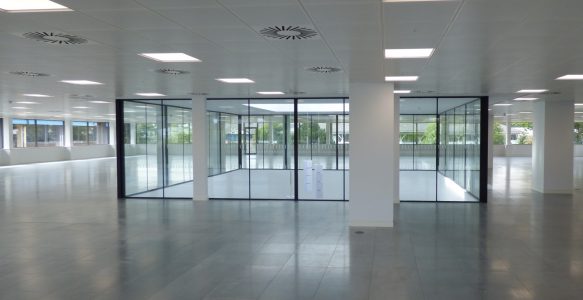MEES requires landlords to make the essential energy efficiency improvements to obtain a minimum EPC rating of “E”, and to ensure compliance before any lease is granted. Ratings below this are considered sub-standard. This regulation ensures the quality of private rentals and aims to reduce overall carbon emissions, which is key to a cleaner environment and happy tenants.
In the government’s “Non-Domestic Private Rented Sector Minimum Energy Efficiency Standards” consultation document, published in October 2019, government is proposing two options for the future improvement of energy in buildings as follows:
- The preferred option is raising the minimum EPC rating from an “E” to “B” so that all non-domestic privately rented buildings achieve a “B” by 1 April 2030, provided the measure or package of measures required to reach an EPC B prove cost effective. The government’s modelling suggests that this would bring 85% of buildings into scope and would require an investment cost of approximately £5 billion up to 2030. The average payback time on that investment would be four to five years.
- The alternative option is to raise the minimum EPC rating from “E” to “C” so that all non-domestic privately rented buildings reach a C by 1 April 2030 if cost effective. This would bring only 42% of buildings into scope and would require a reduced investment cost of £1.5 billion. The average payback time on that investment would be three years.
We are currently awaiting the results of the consultation however it is clear that continued pressure is being applied to improve building efficiency, reduce emissions, and save energy and money.
Coral Energy is well placed to help and support you in this journey, please contact us for further information and advice.




